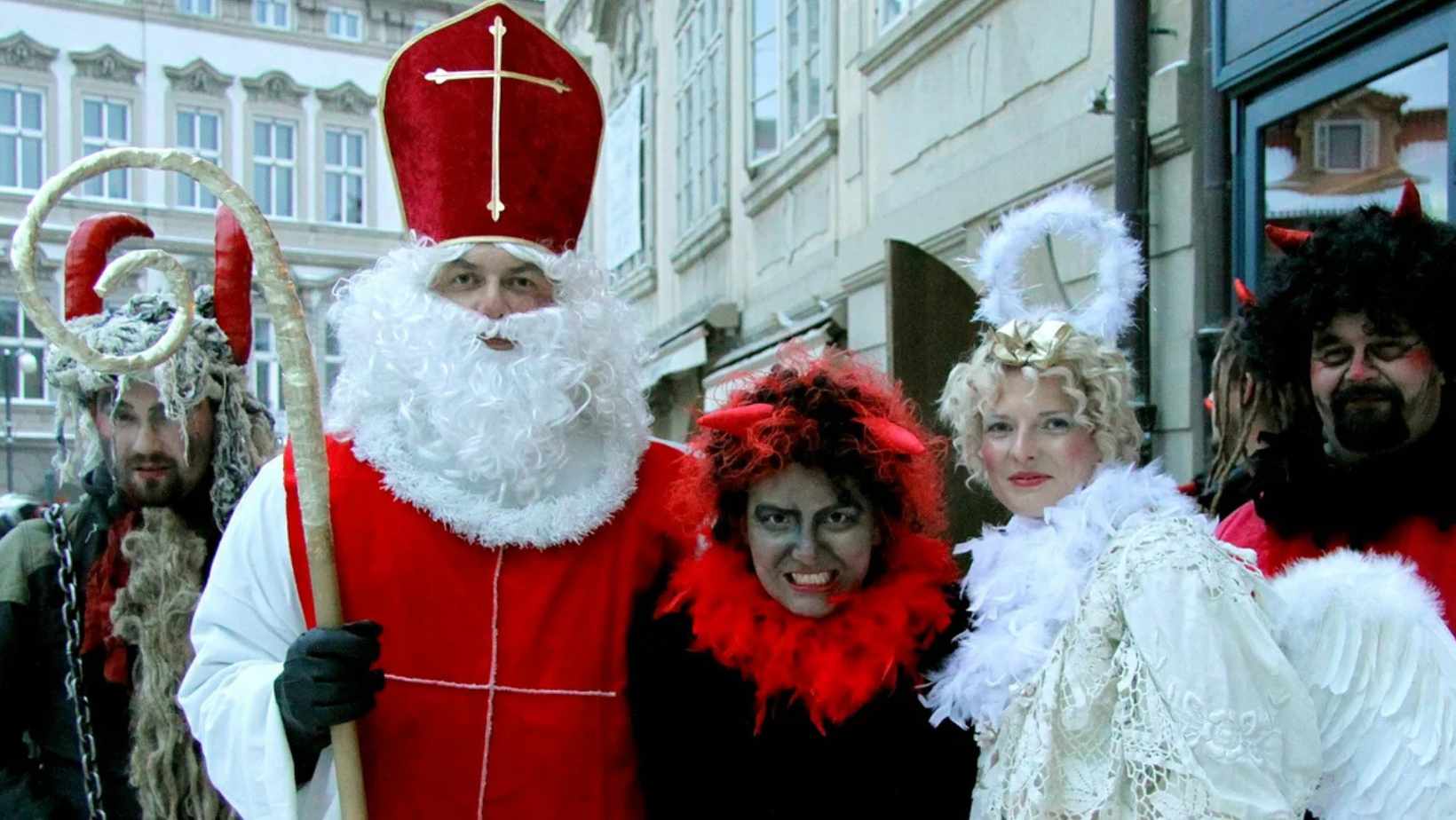Expat Hub is a media for adventure-seeking expats that live in Prague. Join the Expat Hub on Facebook to connect with other expats and be the first one to read articles about life in Prague. For the Eco-conscious, the Facebook group Eco Expat will be the right platform to share your ideas about the Eco-friendly lifestyle and get to know sustainable local businesses that are striving to contribute to Ecology.
Czech Republic’s naming process is steeped in tradition and cultural influence. Names carry a long, historical significance and are chosen with great care by parents. The use of academic titles in everyday life and the celebration of name days can come as a surprise to new expats, and the exclusion of middle names and patronymics can be a bureaucratic nightmare. Some names may be familiar, but others, such as Jíři, are unique to the region.
Czech Name Day (“Svátek”)
The Czech Republic is not unique in its celebration of name days; many countries, usually of Catholic or Orthodox background, have this tradition. Each name in the Czech Republic has a name day, and they originally corresponded with the saints’ feast days. In modern-day, name days carry little to no connection to their religious origins but are days to give a gift and celebrate. Specific days can vary by country, so a name day for the Czech Republic may differ in Slovakia or Poland. Some name days are also national holidays, like 28 September for Saint Wenceslas (Václav), the patron saint of the Czech lands. Official name day lists can be found online or in any printed calendar or datebook.
Middle Names and Patronymics
The use of middle names or patronymics isn’t practiced in the Czech Republic. Most forms only have sections for first and last names, so for paperwork purposes, the advice is usually to include the middle name in the first name section, or to exclude it altogether. Although, be consistent with your decision because a name change on documents that isn’t the result of an official name change can be flagged for suspicious activity.
Paperwork is complicated no matter where you go, but making sure you are using the same name every time helps prevent accusations of fraud or delayed paperwork.
Titles
Titles are a big deal in the Czech Republic, just glance at any building’s doorbells and you’ll see an array of letters all over the door. These can come across as pretentious to new expats and are the cause of some confusion. An American friend of mine received her new bank card, but was annoyed she found a typo and had to return the card. The mistake? “Bc.” was inserted in front of her name. I explained to her that Bc. indicates a bachelor’s degree- no need to return it!
Charles University has a helpful guide to Czech titles, as some differ from other countries.
| Bc. | Bachelor’s Degree | Bachelor of Science |
| Ing. | Engineer | Master of Arts/Master of Science in technical fields of Economics |
| Mgr. | Magister | successful completion of five–year university studies |
| MUDr. | Medical Doctor | successful completion of six-year university study in General Medicine. |
Female and Male surnames
Men and women have variations in their surnames based on sex. If the surname is an adjective, such as Pan Veselý (Mr. Happy), his name will have a -ý ending, but his wife, Paní Veselá, will end in -á.
If the name is a noun, like Jedlička (“little fir tree”), the male ending is simply the noun, Pan Jedlička, while the female ending has the addition of -ová, Paní Jedličková.
Surnames, when directly translated, can cause hilarious moments. In my first days at language school, the workbook had characters with names like Paní Fialová (Mrs. Purple) and Pan Čáp (Mr. Stork) and I chalked it up to the textbook authors being funny while helping us remember common nouns. I later learned as I met real-life Mrs. Purples and Mr. Storks that these were indeed true surnames.
It has been trending in recent years for women to keep the male version as her own. Mixed couples of Czechs and foreigners tend to also share one last name and not differentiate between male and female. When signing a marriage certificate and changing the woman’s last name, couples also have to decide at that time what last name any female children will carry.
Most popular Czech names
The Czech Republic has far fewer names in circulation than less homogeneous countries like the United States or Australia. At the hospital during birth, a woman with a clipboard asks for the baby’s name, and any unusual baby names need to be approved first by the government, but for mixed-nationality couples, they give more leniency for non-Czech names.
What are Czech families naming their children? According to the Czech Statistics Office, the most popular baby names for 2018 were:
| Girls | Boys |
| 1. Eliška | 1. Jakub |
| 2. Anna | 2. Jan |
| 3. Sofie | 3. Adam |
| 4. Ema | 4. Matyáš |
| 5. Tereza | 5. Tomáš |
Most names also have several diminutives, or nicknames, associated with their formal names. These names can indicate closeness with the person or their age. For example, a woman named Tereza may be “Terka” with friends, and “Terinka” with her parents and grandparents.
No matter your name, wear it with pride, and be a bit forgiving to the barista if she spells it wrong on your coffee cup!
- If you are looking for a job in Prague, check our new job section here
- Time to move to a new flat? Rents with no commission here!
- Want to advertise your business on Prague Morning? Contact us at [email protected]
-
NEWSLETTER
Subscribe for our daily news











